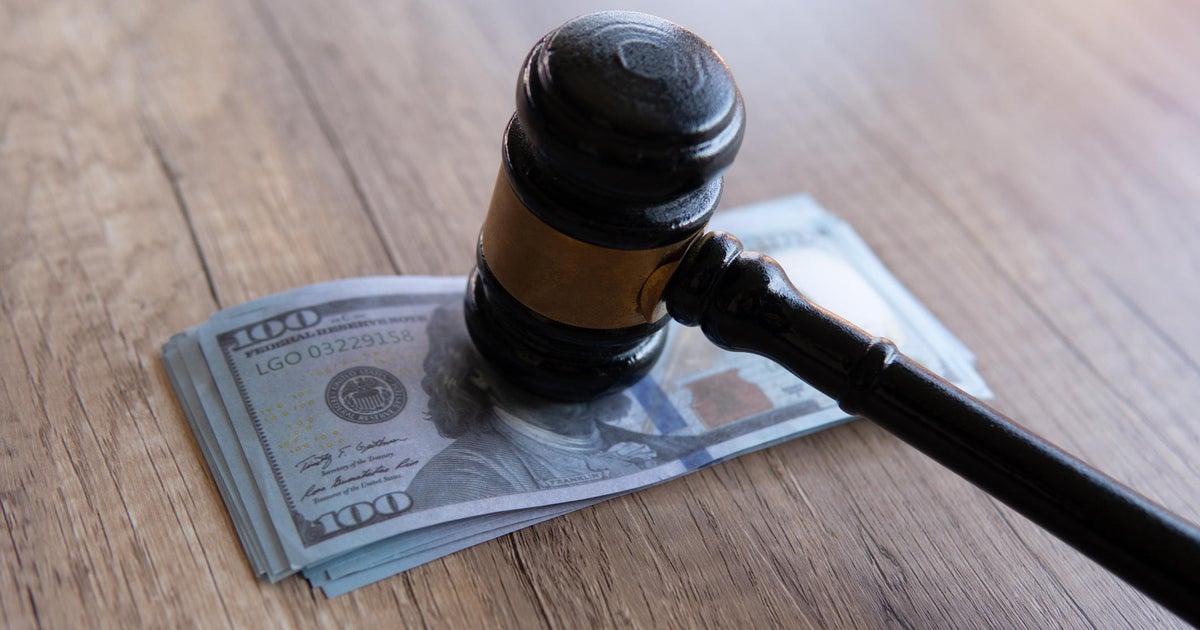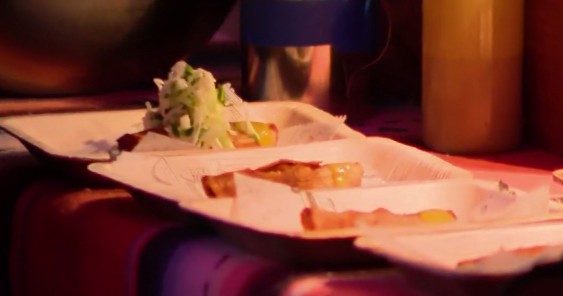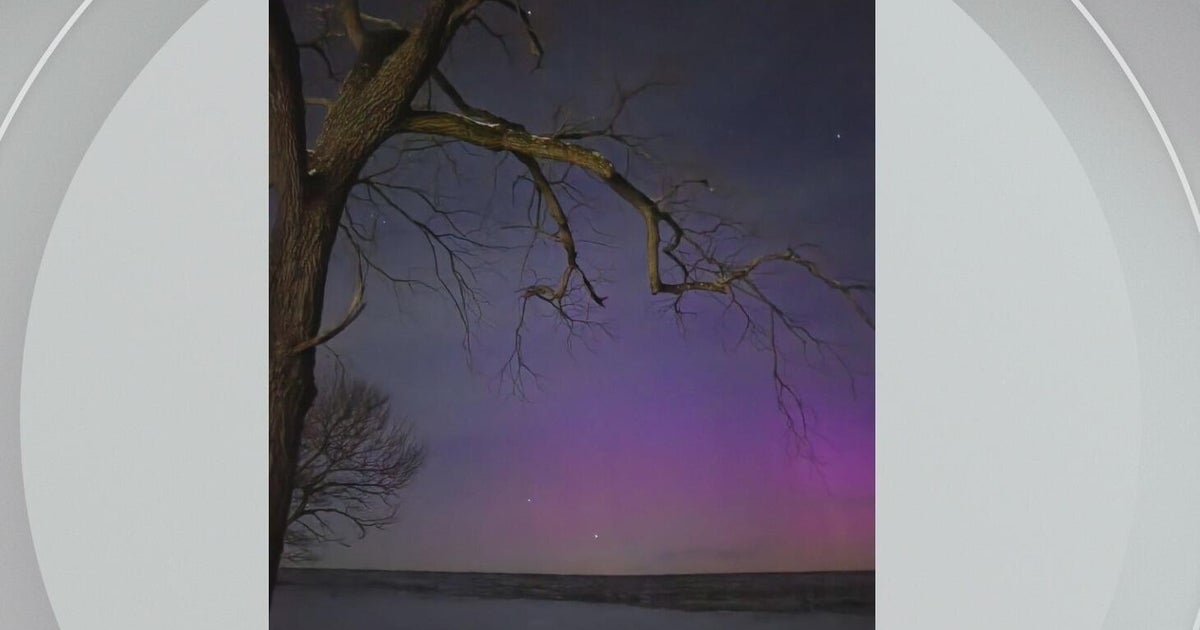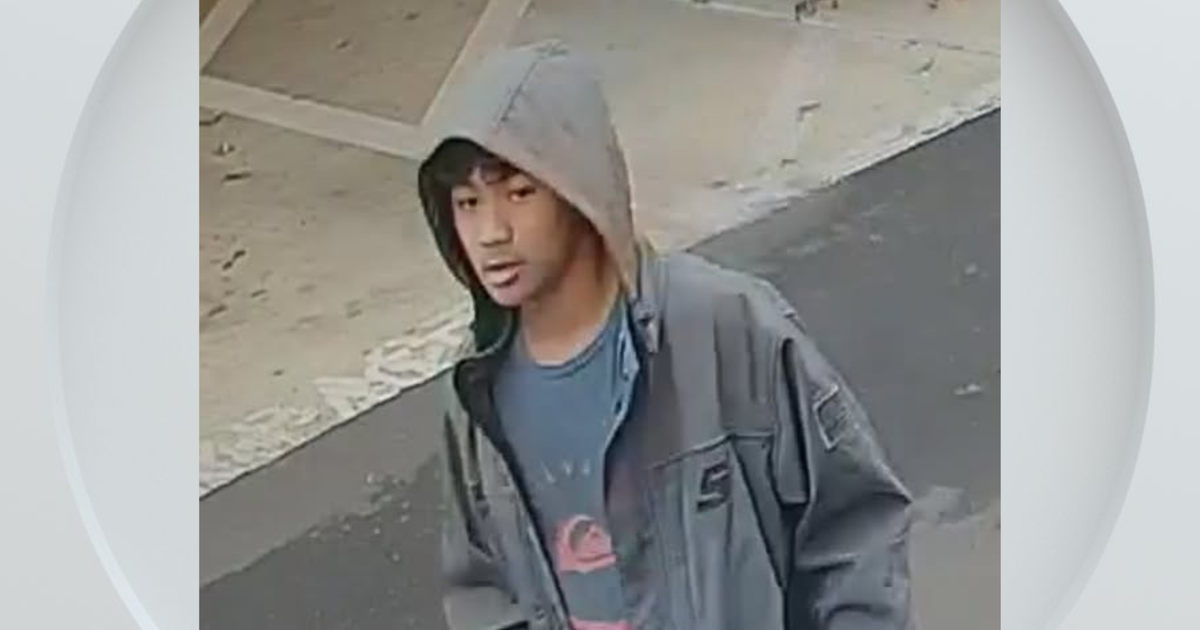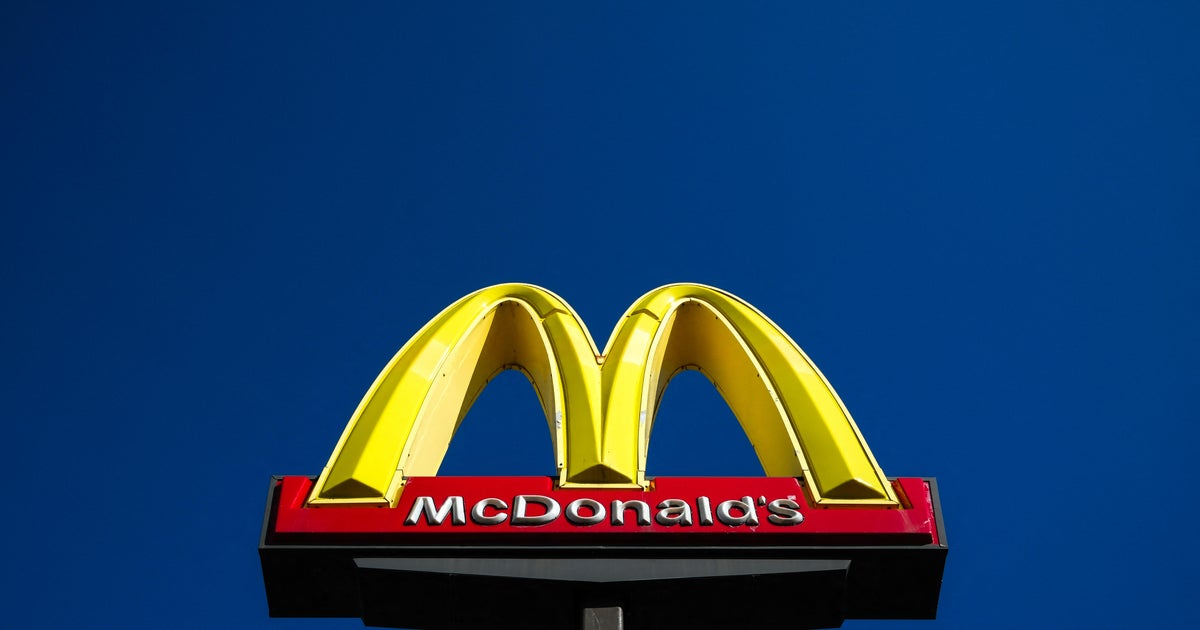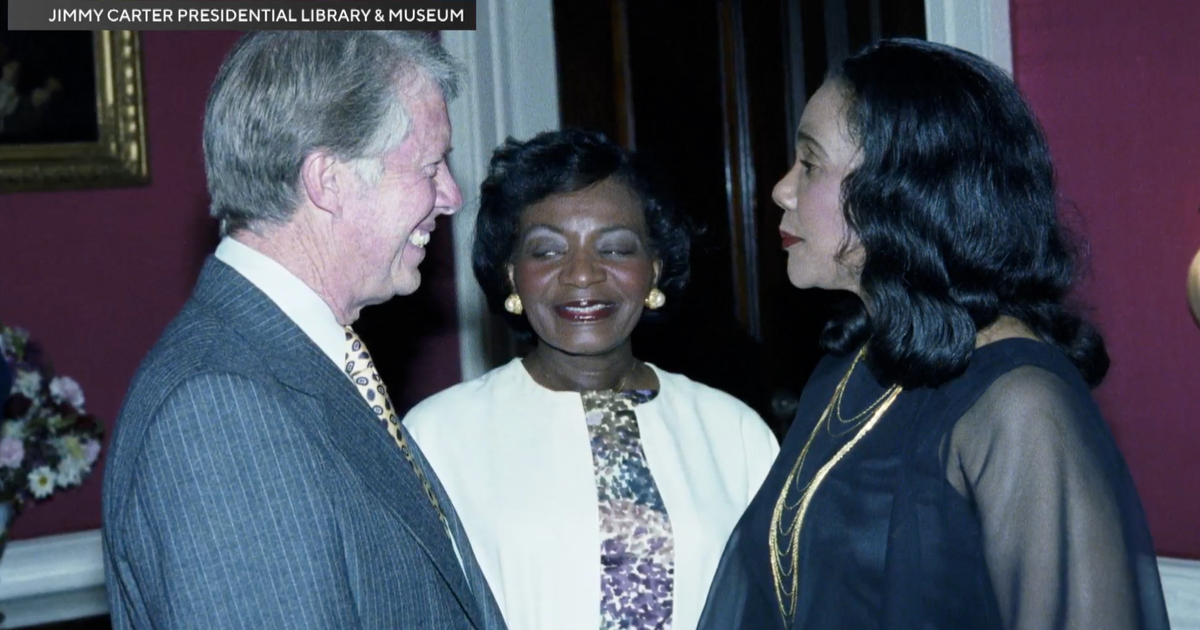A Mini-UV Light To Help Fight The COVID-19 Pandemic? It's Too Good To Be True
CHICAGO (CBS) -- The press release sounded like exciting news as the world battles the COVID-19 pandemic.
But CBS 2 Investigator Pam Zekman learned the claim that a mini-UV light could help abate the COVID-19 pandemic was too good to be true.
The Micro Instant Sterilizer Power is the device in question.
It's the latest invention being promoted by Fam Mirza, who boasts online that he creates companies, that's he's a start-up investor and inventor, a serial entrepreneur – whose company Mirza Minds "is changing the world."
Now, he's peddling this a mini-ultraviolet light he says you can connect to your Apple or Android phone and, "it shoots out a UVC light. That UVC light in turn kills germs."
"It kills most viruses and bacteria in about 10 seconds," Mirza told Zekman.
In a news release sent to CBS 2 soliciting interviews with Mirza, the headline reads that the entrepreneur is "leveraging emerging UV technologies to help abate the COVID-19 pandemic."
CBS 2 Investigator Pam Zekman Has Exposed Multiple COVID-19 Scams:
Couple Says Area 1 Towing Company Charged Them Exorbitant Fees Including 'COVID-19' Fee
Waiting For Stimulus Check? You May Get Scammed If You Get A Wrong Number
Scammers Hook Victims By Claiming Mail Is Contaminated With COVID-19
Scammers Are Targeting Online Job Seekers Amid Coronavirus Crisis
Red Flags Raised As Document Makes Extraordinary Claims About Supplement's Effects On COVID-19
So Zekman decided to check it out, and Mirza showed her how it works—turning on the light and held it as the user likely would. He suggests you can shine it on surfaces like door knobs, toilet flushers, grocery bags, or the rims of cups in your home.
"It will reduce people getting COVID-19 from surfaces," Mirza said.
There are many different mini UV products you can shop for online. Mirza said his is different because it's so small, you can plug it into your phone and carry it around with you.
So if you are going out to eat, you can shine it on restaurant tables and eating utensils, for example, Mirza said.
The news release said, "He believes widespread use of his UV light would be a critical asset in the fight against COVID-19. "
We asked Professor Jim Malley Ph.D., an expert in UV disinfection at the University of New Hampshire, about that.
"I think UVC is a great tool in our tool box against COVID-19 but I'd have to see some data, some information to say this particular application device for UVC is useful."
UVC is a strength of ultraviolet light that can kill germs.
So we asked Mirza to give us the scientific data he has to back up his claims. He sent us studies apparently done in China on E. coli, not COVID-19.
We asked Professor Malley to review them.
"For a number of technical reasons." Malley said, "this little device is of little to no value from a practical point of view if we are talking about reducing germs or disease."
Professor Malley said there is a broader problem involving other UV products like Mirza's that have not been certified or validated by credible independent organizations in this country.
"Some of the market is a little bit of the wild west and we don't know if those products work or don't work," he said. "Let the buyer beware."
Now Mirza said he is looking for $50,000 in funding to make his device available to the public. It will sell for about $25.
"Are you trying to cash in on the pandemic right now by making claims you can't prove," Zekman asked.
"No. Definitely wouldn't say that," Mirza said. "I think we're trying to help people with this by helping them clean the micro aspects of their lives."
Zekman asked about what this public relations representative wrote, saying Mirza believes widespread use of his UV light would be a "critical asset in the fight against COVID-19;" that it would "help abate the COVID-19 Pandemic."
Mirza responded that, "Nothing can halt COVID-19," and, "I don't stand by that."
Mirza said he did not read the release before his public relations representative sent it out.
That rep says Mirza "approved it, but he might not have read it carefully."
